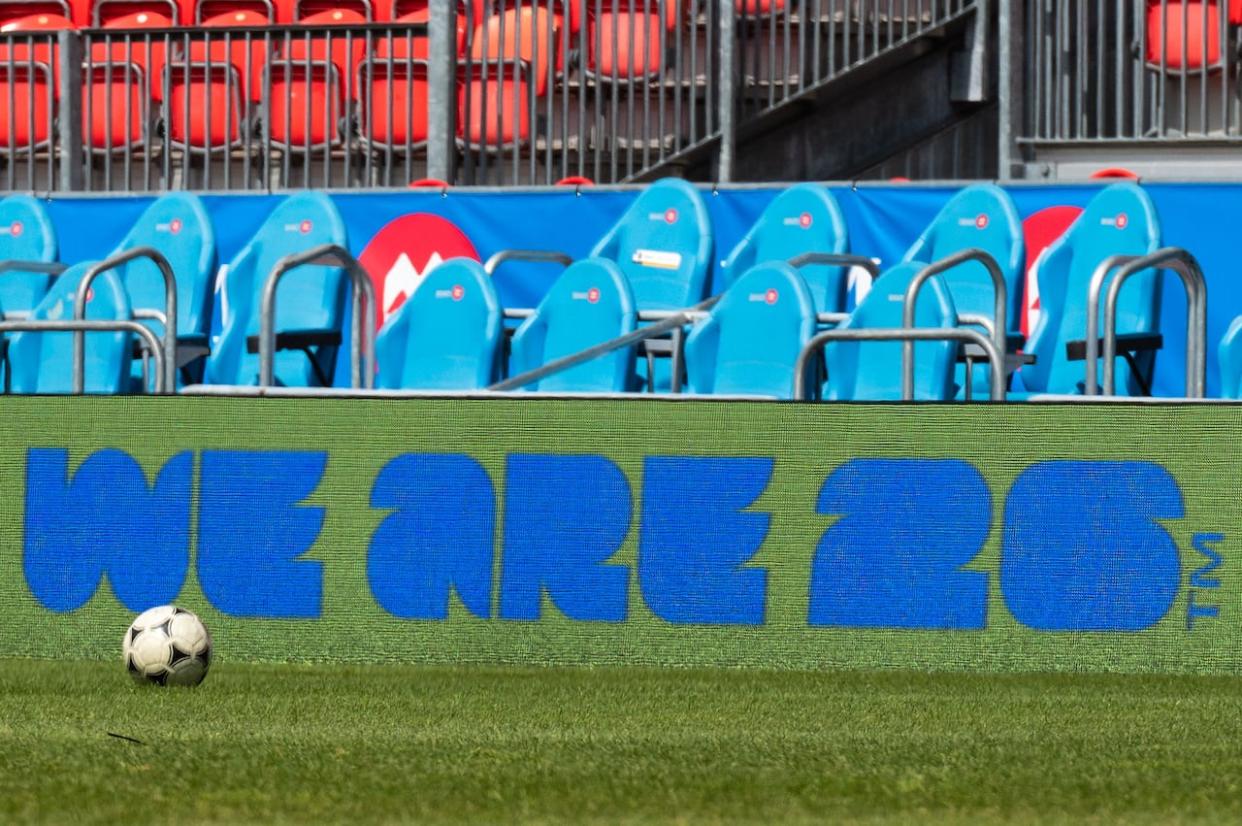Canada launches 2026 FIFA World Cup collusion tip line to dissuade shady business dealings

Canada's competition bureau has unveiled a digital tip line to report suspected collusion in 2026 FIFA World Cup contracts.
With seven World Cup matches slated for Vancouver and another six for Toronto, the bureau says the tournament is expected to generate a large number of contracts across many business sectors, including construction, entertainment and tourism.
The initiative will help "deter and detect illegal agreements between competitors," according to the bureau.
"If you suspect that bidders are cheating to win contracts linked to the 2026 FIFA World Cup in Canada, the Competition Bureau invites you to submit a tip," says the bureau's website.
Tips can be submitted anonymously.
According to the tip line website, "collusion results in higher prices, poorer quality and an uneven playing field for businesses."
Illegal conduct includes:
Price fixing: competitors agreeing to fix the price of a product or service.
Bid rigging: competitors agree to rig the outcome of a bidding process.
Non-compete: competitors agree not to compete with each other.
Wage fixing: employers agree to fix wages.
No poaching: competitors agree not to hire one another's employees.
The cost of hosting the Vancouver portion of the tournament has not been revealed by the city or province, although Lana Popham, B.C.'s minister of tourism, arts, culture and sport, has promised to release information soon.
Toronto estimates that hosting six World Cup matches will cost taxpayers $380 million.
CBC News has reached out to Canada's competition bureau and FIFA, but neither had a representative who was available for an interview on Friday.
The tip line is part of a joint initiative by the competition bureau, the U.S. Justice Department's antitrust division and Mexico's Federal Economic Competition Commission.
In a statement, Jonathan Kanter, assistant attorney general of the U.S. Justice Department's antitrust division, said they will be vigilant in detecting anti-competitive conduct that exploits the economic opportunities created by the tournament.
The 104 matches to be contested during the 2026 FIFA World Cup will be played over 39 days in 16 cities across the three nations.


